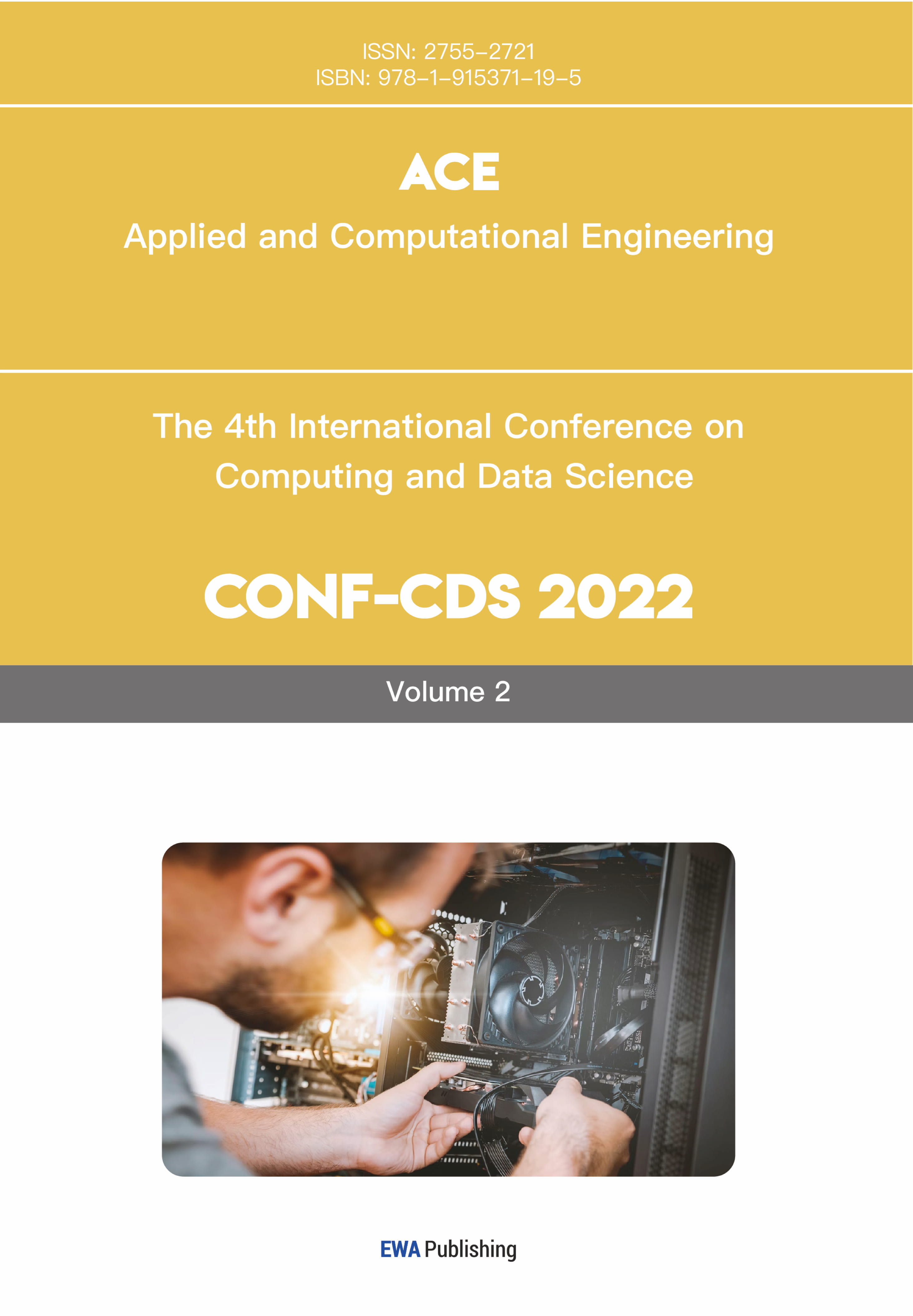References
[1]. Huly, Oz, David Carmel, and Oren Kurland. "Predicting RAG Performance for Text Completion." Proceedings of the 48th International ACM SIGIR Conference on Research and Development in Information Retrieval. 2025.
[2]. Zhao, Shengming, et al. "Towards understanding retrieval accuracy and prompt quality in rag systems." arXiv preprint arXiv: 2411.19463 (2024).
[3]. Veturi, Sriram, et al. "Rag based question-answering for contextual response prediction system." arXiv preprint arXiv: 2409.03708 (2024).
[4]. Chan, Chi-Min, et al. "Rq-rag: Learning to refine queries for retrieval augmented generation." arXiv preprint arXiv: 2404.00610 (2024).
[5]. Shi, Yunxiao, et al. "Enhancing retrieval and managing retrieval: A four-module synergy for improved quality and efficiency in rag systems." arXiv preprint arXiv: 2407.10670 (2024).
[6]. He, Jacky, et al. "Context-Guided Dynamic Retrieval for Improving Generation Quality in RAG Models." arXiv preprint arXiv: 2504.19436 (2025).
[7]. Jiang, Ziyan, Xueguang Ma, and Wenhu Chen. "Longrag: Enhancing retrieval-augmented generation with long-context llms." arXiv preprint arXiv: 2406.15319 (2024).
[8]. Ampazis, Nicholas. "Improving RAG quality for large language models with topic-enhanced reranking." IFIP international conference on artificial intelligence applications and innovations. Cham: Springer Nature Switzerland, 2024.
[9]. Yang, Xiao, et al. "Crag-comprehensive rag benchmark." Advances in Neural Information Processing Systems 37 (2024): 10470-10490.
[10]. Zhang, Zihan, Meng Fang, and Ling Chen. "Retrievalqa: Assessing adaptive retrieval-augmented generation for short-form open-domain question answering." arXiv preprint arXiv: 2402.16457 (2024).



